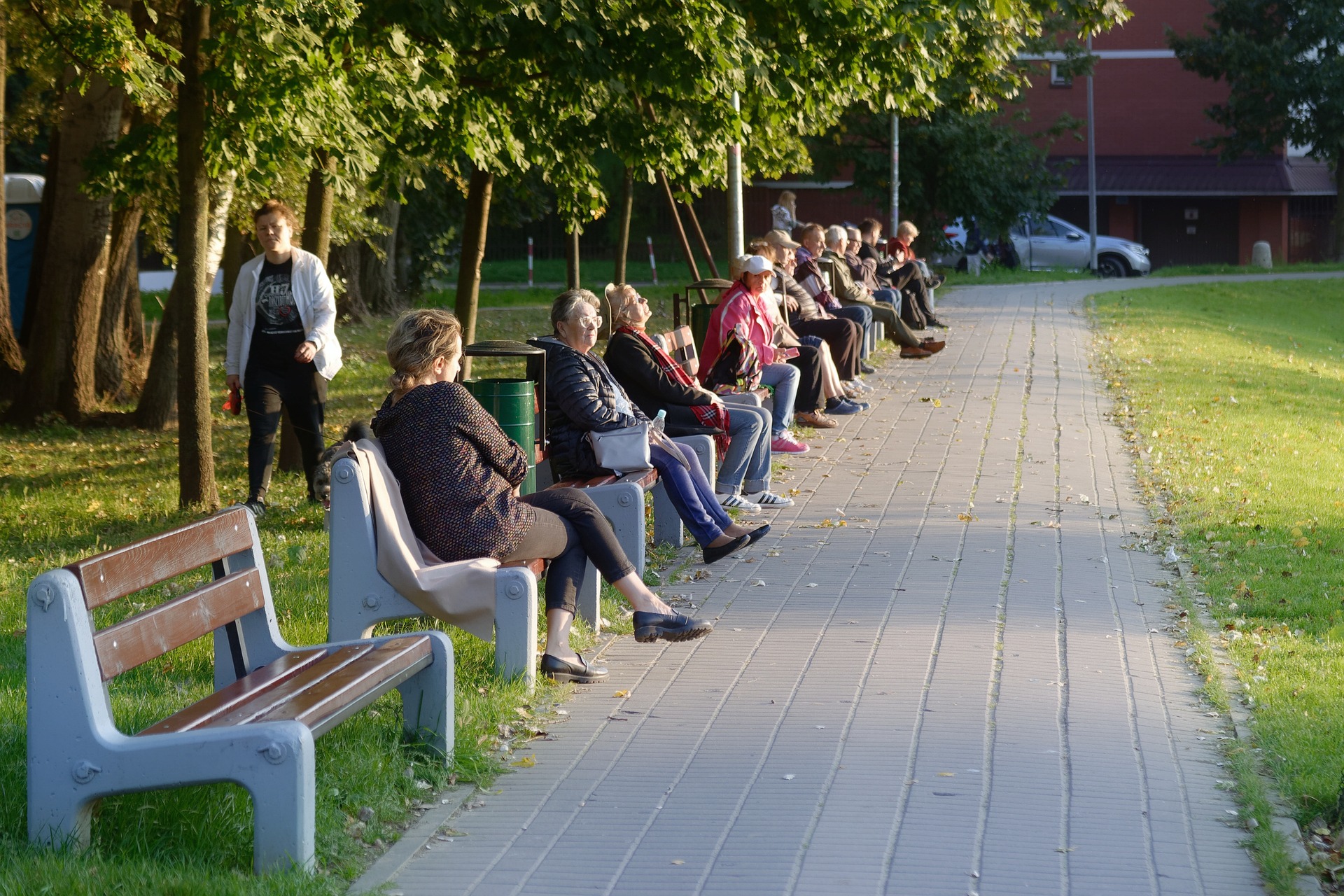Modern Nomadism: A New Era of Human Mobility
In an era of globalization, technology, and changing work patterns, a significant shift has taken place in our society. An increasing number of individuals are turning their backs on traditional stationary lifestyles, choosing instead to embrace a life of perpetual movement. This is the modern nomadic lifestyle, a phenomenon that is redefining our perception of home, work, and community. A closer look into this trend provides a fascinating insight into the changing dynamics of our society. Read below to delve deeper into the world of modern nomadism.

The Roots of Modern Nomadism
Historically, nomadism was a way of life chosen out of necessity, often associated with pastoral communities who moved with their livestock in search of pasture. Modern nomadism, however, is a lifestyle choice that emerges from the freedom provided by technological advancements and flexible work practices. This form of nomadism is not tied to geography or survival but is instead driven by the desire for freedom, experience, and personal growth.
Technological Shifts and the Rise of the Digital Nomad
One of the key factors behind the rise of modern nomadism is the advent of technology. The digital revolution has made it possible for people to work from virtually anywhere, giving rise to the ‘digital nomad’ – professionals who work remotely while traveling. This shift is not only changing the nature of work but also impacting our concepts of the workplace and work-life balance.
Social and Cultural Implications of Modern Nomadism
Modern nomadism is more than just a lifestyle trend – it is a cultural shift with profound societal implications. It challenges conventional notions of home, community, and stability. The freedom and fluidity of this lifestyle could potentially alter the fabric of our society, with impacts on family structures, social networks, and even civic participation.
The Downside of Modern Nomadism
Despite its appeal, modern nomadism is not without its challenges. Issues such as isolation, lack of stability, and the pressure to constantly adapt can lead to stress and anxiety. Moreover, the glamorization of this lifestyle can sometimes overshadow these realities, leading to unrealistic expectations.
A Glimpse Into the Future of Modern Nomadism
The trend of modern nomadism is likely to continue and evolve as technology and societal attitudes progress. As we navigate this landscape, it is crucial to balance the freedom and opportunities offered by this lifestyle with the need for community, stability, and mental well-being.
Modern nomadism presents an intriguing reflection of our society’s evolving dynamics. As we continue to redefine our ideas of work, home, and community, this trend serves as a testament to our adaptability and our ceaseless quest for personal freedom and growth.




